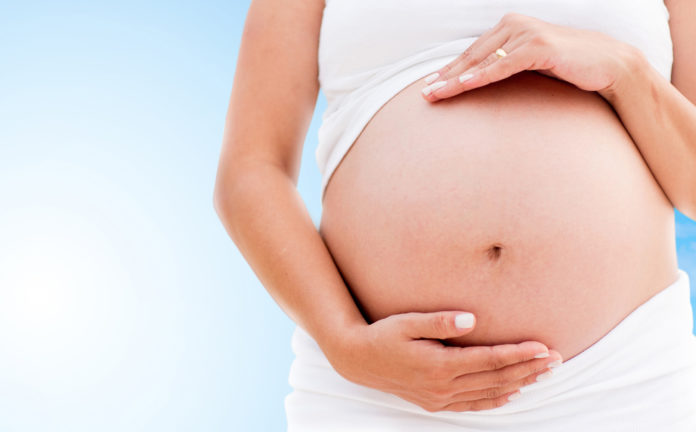Women’s bodies undergo enormous change during pregnancy; it affects not only the body but also brain structure too. For the first time, scientists have found new evidence of specific and “long-lasting” physical changes in the brains of pregnant women. New research out this week suggests, during pregnancy women grow an entirely new organ (the placenta), researchers have revealed, suggesting that placenta potentially help to prepare them for parenthood and social cognition (the transformations could boost a mother’s ability to care for her new-born baby.)

Credit: Image courtesy of Universitat Autònoma de Barcelona
The study, based on magnetic resonance imaging (MRI), found that the changes in grey matter volume in certain regions of the brain may actually help mothers look after their new babies. When researchers compared brain scans of women before and after pregnancy, they spotted 11 locations for some differences. They also found hints that the alterations help to prepare women for motherhood. For example, they might help a mother understand the thoughts and intentions of others; they may intensify maternal bonding with a new-born baby, Elseline Hoekzema, a study author, explained via email.
“These changes were remarkably consistent,” said Elseline Hoekzema, co-author of the research from Leiden University. “So consistent that a computer algorithm could automatically identify which of the women in our sample had been pregnant between the sessions and which had not.”
“These changes may reflect, at least in part, a mechanism of synaptic pruning,” says psychologist Elseline Hoekzema, co-lead author of the article, who began working on the research while at the Autonomous University of Barcelona in Spain. She and her colleagues presented the results in a paper published on Monday by the journal Nature Neuroscience.
In the study, the researchers reached these conclusions after studying 25 women in Spain for five years and four months. They scanned the brains of 25 Spanish women before and after their first pregnancies, of 19 male partners, and of a control group formed by 20 women who didn’t get pregnant, along with their 17 male partners. The brain changes in the pregnancy group emerged from comparisons of those two groups.


























